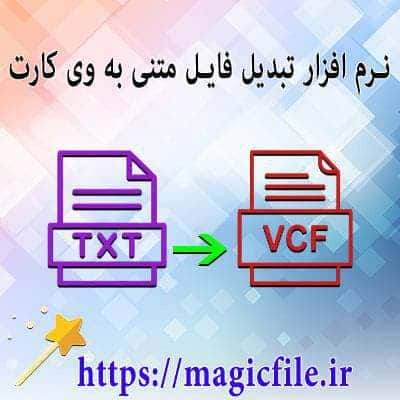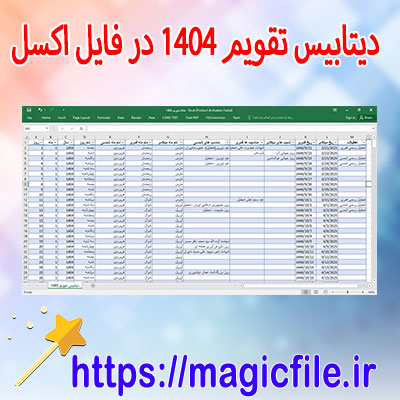DICTIONARY حسابداری: تعریفی جامع
دیکشنری حسابداری به عنوان یک منبع معتبر و ضروری برای دانشجویان، حسابداران و حرفهایهای مالی شناخته میشود. این دیکشنری شامل تعاریف، اصطلاحات و مفاهیم کلیدی است که در حسابداری به کار میروند. از آنجا که زبان حسابداری ممکن است پیچیده باشد، وجود یک دیکشنری دقیق و کامل میتواند بسیار مفید باشد.
با توجه به اینکه حسابداری به دو بخش اصلی تقسیم میشود: حسابداری مالی و حسابداری مدیریتی، دیکشنری حسابداری باید هر دو بخش را پوشش دهد.
حسابداری مالی، که به گزارشدهی مالی مرتبط است، شامل اصطلاحاتی مانند "ترازنامه"، "صورت سود و زیان" و "جریانات نقدی" میباشد. در عوض، حسابداری مدیریتی بر روی تجزیه و تحلیل داخلی تمرکز دارد و شامل مفاهیمی چون "بودجهبندی" و "تحلیل هزینه" است.
علاوه بر این، دیکشنری حسابداری باید شامل عبارات و اصطلاحاتی از قوانین و مقررات حسابداری نیز باشد. مانند "GAAP" (اصول حسابداری پذیرفته شده عمومی) و "IFRS" (استانداردهای بینالمللی گزارشدهی مالی). این اصطلاحات به حسابداران کمک میکند تا درک بهتری از استانداردها و قوانین مربوط به کار خود داشته باشند.
به طور کلی، دیکشنری حسابداری نه تنها به درک بهتر اصطلاحات کمک میکند، بلکه ابزار مفیدی برای بهروز نگهداشتن دانش حسابداران در محیطهای تجاری متغیر است.
DEFINITION AND COMPREHENSIVE OVERVIEW OF AN ACCOUNTING DICTIONARY
An accounting dictionary serves as an essential tool in the world of finance and accounting. It functions as a comprehensive reference guide that clarifies and explains various accounting terms, concepts, principles, and standards. Whether you're a student, a professional accountant, or a business owner, understanding the significance of this resource can significantly enhance your grasp of accounting language and practices.
DETAILED EXPLANATION OF ACCOUNTING DICTIONARY
Primarily, an accounting dictionary contains a wide array of terminologies used in the field, including definitions of assets, liabilities, revenues, expenses, and equity. But it doesn't stop there. It also encompasses more complex concepts like depreciation, amortization, accruals, and provisions. This makes it invaluable for interpreting financial statements and adhering to regulatory standards.
Furthermore, this dictionary often includes explanations of accounting standards such as GAAP (Generally Accepted Accounting Principles) and IFRS (International Financial Reporting Standards). These standards are crucial for ensuring consistency and transparency in financial reporting across different jurisdictions. An accounting dictionary helps users understand the nuances, differences, and applications of these standards.
The importance of accuracy and clarity cannot be overstated. As a result, most accounting dictionaries are regularly updated to reflect changes in laws, regulations, and best practices. They may also incorporate abbreviations, formulas, and sample calculations, which facilitate practical understanding.
UTILIZATION AND BENEFITS
In addition to providing definitions, an accounting dictionary often offers contextual usage, examples, and cross-references to related terms. For students, it’s a foundational learning resource. For professionals, it acts as a quick reference during work, reducing errors and improving efficiency.
Moreover, it plays a vital role in communication. Clear understanding of terminology minimizes misunderstandings among stakeholders, whether they are auditors, tax authorities, or business partners. As a result, the dictionary promotes transparency, accuracy, and professional integrity.
CONCLUSION
In conclusion, an accounting dictionary is much more than just a collection of words. It is an indispensable tool that bridges knowledge gaps, enhances comprehension, and supports sound decision-making in the complex world of finance. Its comprehensive definitions, contextual explanations, and continual updates make it a cornerstone resource for anyone involved in accounting and financial management.





